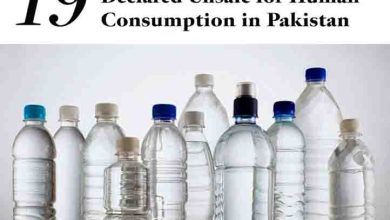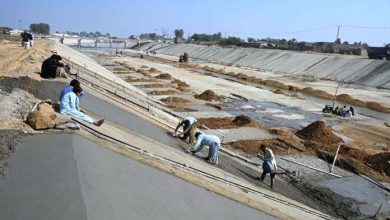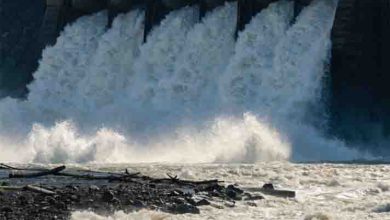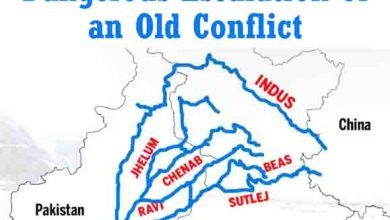Rawalpindi Declares Drought Emergency as Water Crisis Worsens
Situation at Rawal Dam Reaches Critical Levels
ISLAMABAD – The Water and Sanitation Agency (WASA) has officially declared an emergency in Rawalpindi as the city faces a severe water crisis. With no significant rainfall in sight, the situation has worsened, raising concerns for residents who may experience severe shortages in the coming months.
The Pakistan Meteorological Department has issued a drought alert, predicting minimal rainfall in February and March. If this forecast holds, the consequences could be dire for the twin cities of Rawalpindi and Islamabad. The authorities are urging immediate water conservation efforts to prevent an impending catastrophe.
Water Levels at Rawal Dam Drop to Dangerous Levels
The water levels at Rawal Dam have dropped significantly, causing alarm among officials and residents alike. The dam, which has a maximum storage capacity of 1,743.30 feet, has now fallen to 1,669 feet. This drastic decrease leaves Rawalpindi with only 45 days’ worth of water supply, making the current situation extremely critical.
Furthermore, water inflow into the dam is now negligible, while the current outflow is recorded at 95.13 feet. The underground water table has also fallen by 700 feet, further worsening the crisis. With such alarming statistics, water conservation measures have become more crucial than ever.
Water Sources Under Extreme Stress
To tackle the shortage, authorities are sourcing water from Rawal Dam, Khanpur Dam, and tube wells. However, these measures may not be sufficient if the dry spell continues. In addition, due to essential maintenance work, water supply from Khanpur Dam will remain suspended until February 22, putting additional strain on existing resources.
WASA Managing Director Saim Ashraf highlighted that Rawalpindi’s rising population and rapid commercial expansion have put enormous pressure on the city’s already strained water reserves.
The daily water demand of Rawalpindi is approximately 68 million gallons, yet only 51 million gallons are available, resulting in an alarming supply gap. If urgent steps are not taken to address this issue, residents could face severe water shortages in the near future.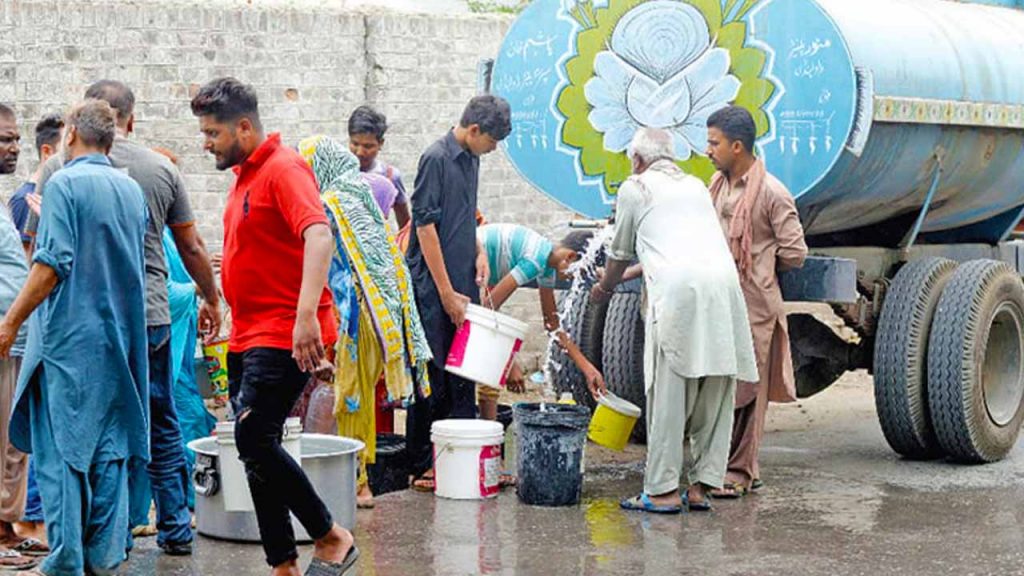
Water Conservation Measures Enforced
In response to the worsening crisis, WASA has introduced strict regulations to curb water wastage.
Restrictions on Car Washes and Water Usage
To conserve water, the Punjab Environmental Department has imposed a ban on:
- Car washing at unauthorized service stations
- Using water pipes for cleaning driveways and sidewalks
Violators of these regulations will face a fine of Rs. 10,000. In addition, all illegal service stations must shut down immediately, according to a government notification.
Service stations without water recycling systems are also under strict scrutiny. Those found operating without proper recycling systems will be fined Rs. 100,000. Authorities have set February 28 as the deadline for all service stations in Punjab to install water recycling systems.
Public Awareness and WASA’s Crackdown on Water Waste
To ensure the effective implementation of these measures, WASA has launched an awareness campaign encouraging citizens to conserve water. Officials have warned that strict penalties will be imposed on anyone found wasting water.
WASA’s Managing Director Saim Ashraf stated that service stations, hotels, and restaurants must install water recycling systems to reduce unnecessary water consumption. “We will not allow commercial entities to waste clean water while the city faces a critical shortage,” he emphasized.
The crackdown on water wastage has already begun, with two individuals fined for violating conservation rules. WASA has also announced that it will monitor residential areas for water wastage, including:
- Leaking pipelines in homes
- Excessive water usage for non-essential activities
Call for Immediate Action
With no substantial rainfall expected in the coming months, Rawalpindi’s residents are urged to reduce their water usage immediately. Authorities have stressed the importance of:
- Fixing leaking taps and pipes to prevent wastage
- Using water-efficient appliances
- Reusing water where possible
- Following official conservation guidelines
As the crisis deepens, cooperation from both the public and businesses will be essential in managing Rawalpindi’s dwindling water supply. Authorities are closely monitoring the situation and further restrictions could be imposed if water levels continue to decline.
Conclusion: A Community Effort to Overcome the Crisis
The ongoing water crisis in Rawalpindi is a stark reminder of the importance of sustainable water management. With the Green Pakistan Initiative already working towards modernized agricultural solutions, officials are also looking at long-term water conservation strategies to avoid future shortages.
For now, immediate action is required from both the government and the public. Water conservation is not just a recommendation—it is a necessity to ensure Rawalpindi’s survival through this drought emergency.
For more updates on water conservation efforts and emergency measures, stay tuned!



